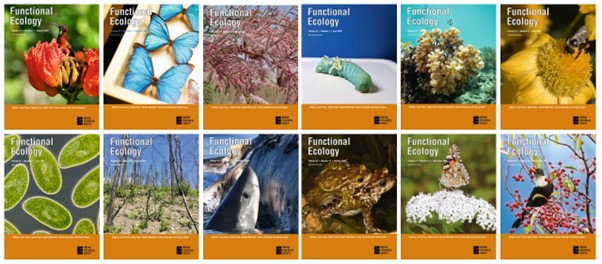The Haldane Prize is awarded by the British Ecological Society each year for the best paper in Functional Ecology written by an early career author. With entries spanning the 37th volume of the journal, our Senior Editors carefully shortlisted the following 12 papers:
Lina Aoyama
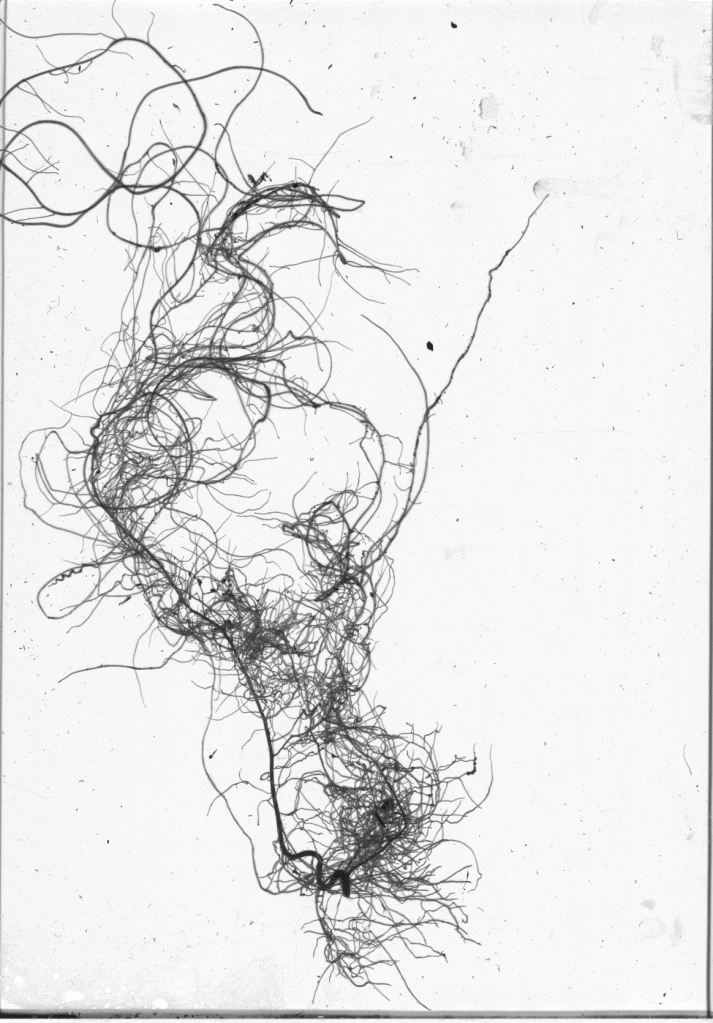
Lina found that although biomass was largely unaffected by the timing of drought in one season, there were community-wide functional trait shifts in response to rainfall treatments. Functional diversity buffered biomass production by enabling shifts in above-and below-ground functional traits across variable rainfall conditions.
Samantha Bock

Samantha’s results provided the first explicit empirical support for the adaptive value of TSD in a crocodilian and point to developmental energetics as a potential unifying mechanism underlying persistent survival consequences of incubation temperature.
Indra Boving
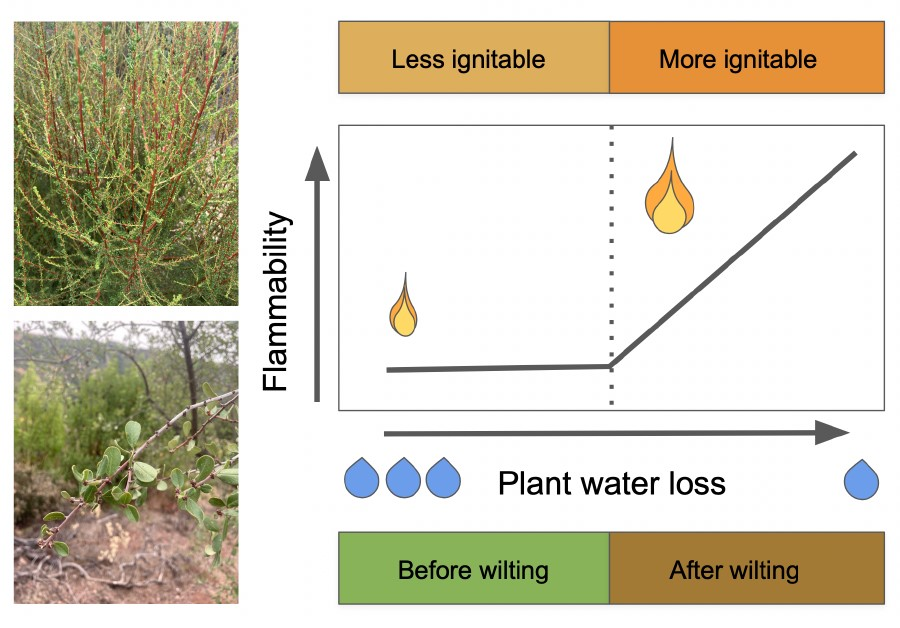
Indra’s results suggested a mechanism for landscape-scale increases in flammability at specific levels of drought stress. Integration of drought-related traits, such as the turgor loss point, may therefore improve models of wildfire risk in drought- and fire-prone systems.
Ximena Cibils
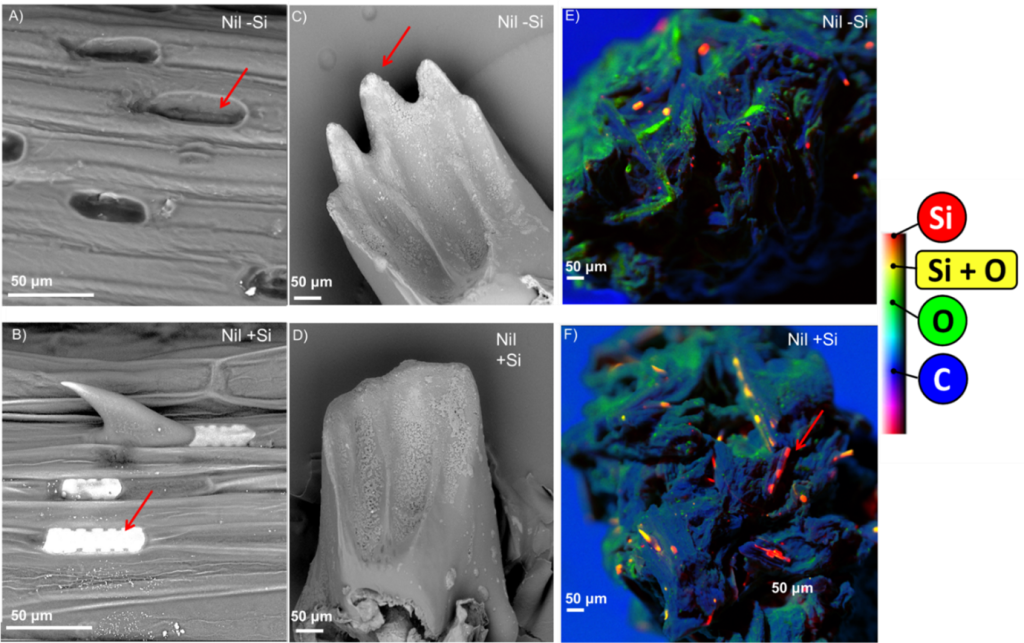
Ximena presented the first report of silicon defences and Epichloë-endophyte derived alkaloids compromising insect immunity via reduced melanisation response. Deploying both physical and chemical defences against multiple insect herbivore traits, including feeding efficiency, growth and immunity, may be a successful defence strategy in temperate grasses.
Daniel Dick
Measuring functional redundancy using generalized Hill numbers

Daniel’s perspective article explored a technique for converting the values of redundancy metric outputs into plain-language statements about a community. This provides a much more complete picture of the distribution of redundant taxa within a community and highlights subtle patterns that are completely missed by number-based absolute redundancy metrics.
Félix P. Leiva
The role of cell size in shaping responses to oxygen and temperature in fruit flies

Félix found that in fruit flies, coupling between cell size and body size was tighter under conditions where oxygen was expected to become limited, supporting the idea that capacity for oxygen uptake is causally related to organismal growth and the resulting body size. This indicated that the benefits of diffusive oxygen uptake due to the higher surface-to-volume ratios in smaller cells can help explain the temperature-size rule in fruit flies.
André Luza
Going across taxa in functional ecology: Review and perspectives of an emerging field
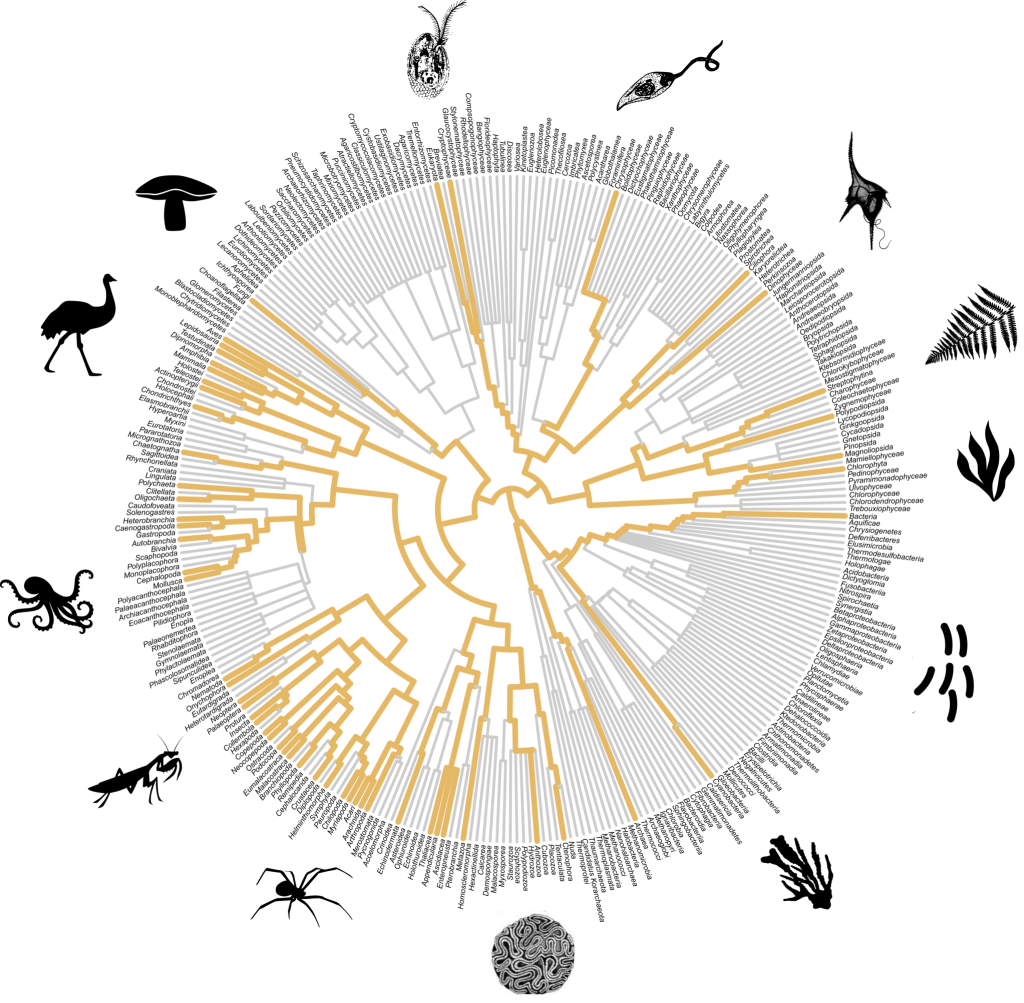
André’s review mapped the limitations of current research in functional ecology involving multiple taxa, presented ecological questions to a functional cross-taxa research and showed directions to pushing the limits of this research field. It aimed to encourage researchers in the field of functional ecology to move beyond single taxa and traits, and to integrate more branches and dimensions of the Tree of Life in their research.
Jessie Mutz
Spatial and ontogenetic variance in local densities modify selection on demographic traits
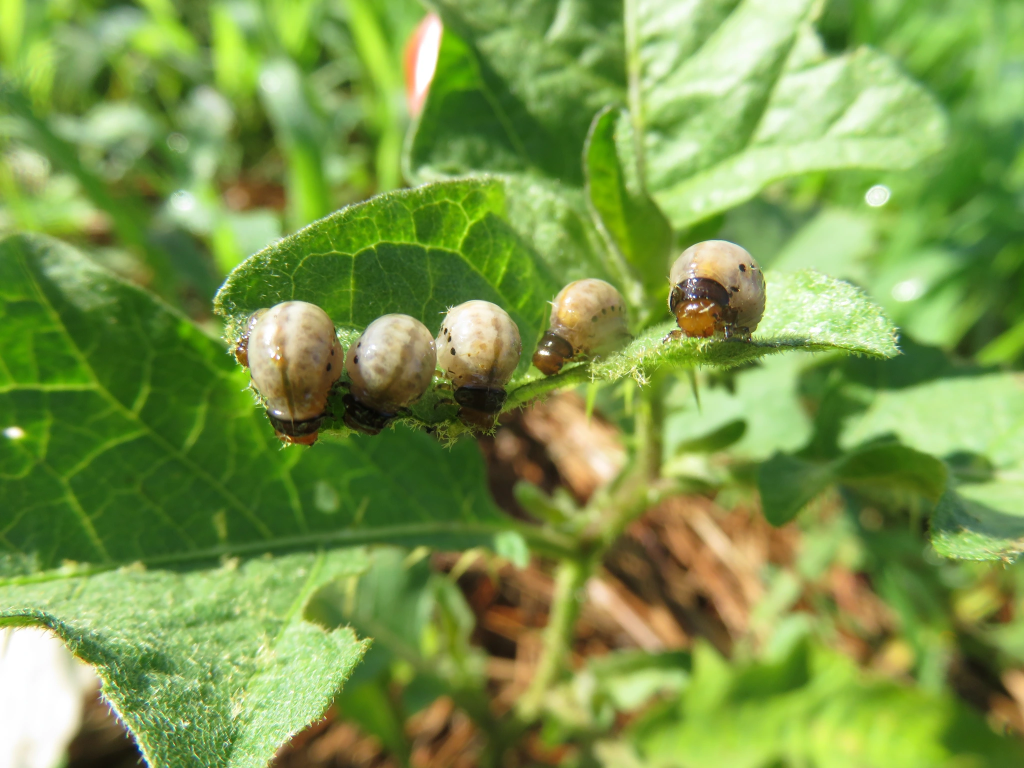
Jessie’s research demonstrated that local density variance can strongly modify selection at empirically observed interaction strengths and identify mechanisms for the effects of spatial and ontogenetic variance. Its findings reveal the potential for local density variance to mediate eco-evolutionary feedback by shaping selection on demographically important traits.
Leo Ohyama
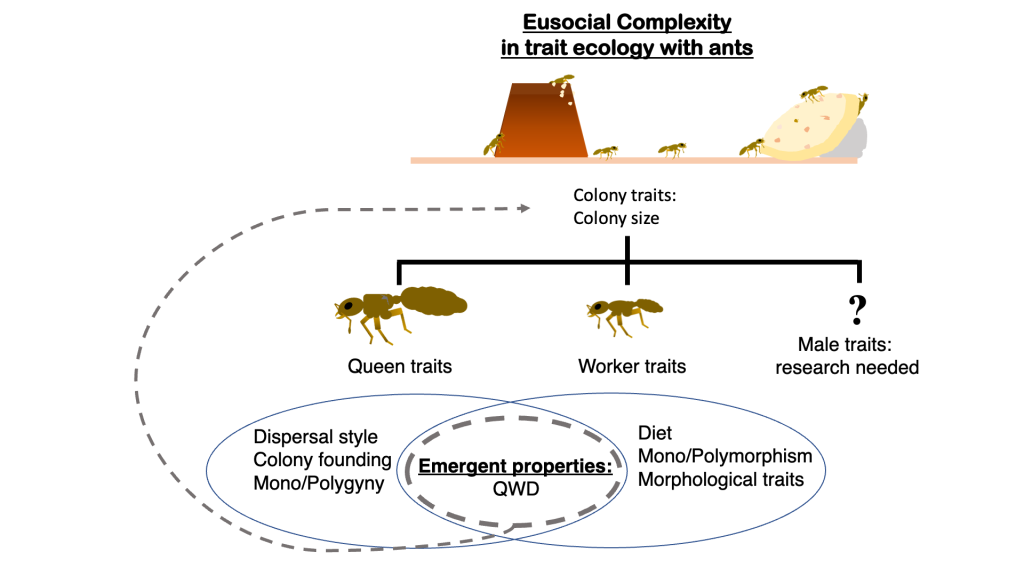
Leo showed the potential for a more holistic trait approach to ants and potentially other eusocial taxa given the state of current trait knowledge, providing an advanced path forward in functional and trait ecology of eusocial organisms.
Ryan Stephens

To aid ecologists in diet and trophic assessments of vertebrates, Ryan’s review used a meta-analysis to model taxon-specific trophic discrimination factors (TDF) estimates for each tissue type, trophic level and diet source combination. These more refined TDF values should improve ecological assessments that use stable isotopes.
Spencer Virgin
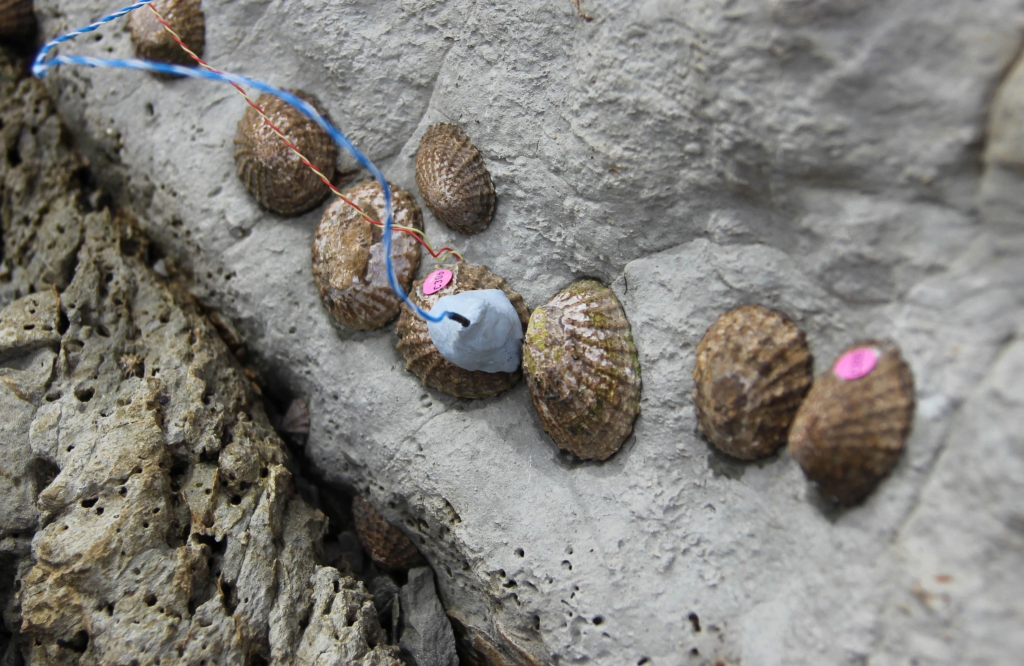
Spencer’s research demonstrated that overall, limpet populations are resilient to thermal stress because they effectively use behavioural thermoregulation to exploit cooler microhabitats that also have greater food availability during summer.
Yunjian Xu
Mycorrhizal fungi alter root exudation to cultivate a beneficial microbiome for plant growth
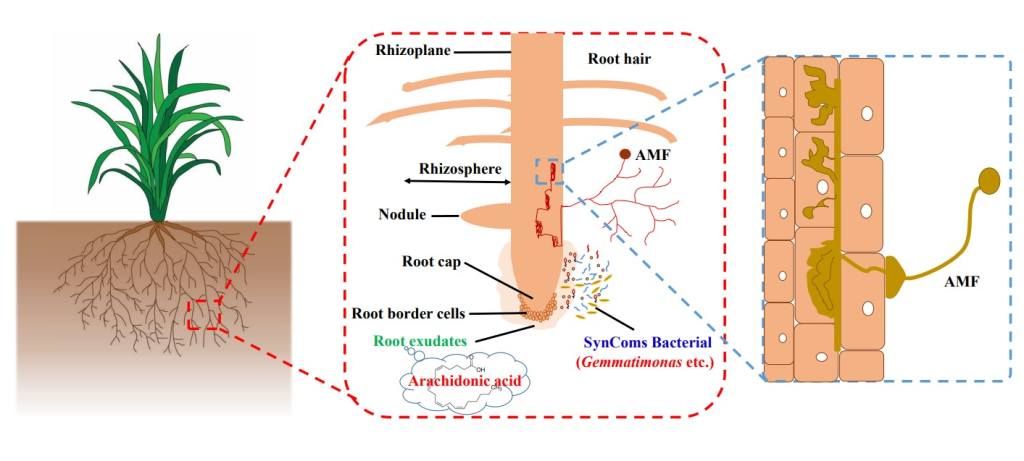
Yunjian’s findings provided direct evidence that mycorrhizal infection simulated root exudation, such as arachidonic acid, recruited a beneficial microbiome to the host rhizosphere, increasing plant growth and soil nutrient turnover.
Congratulations to all our shortlisted researchers!
